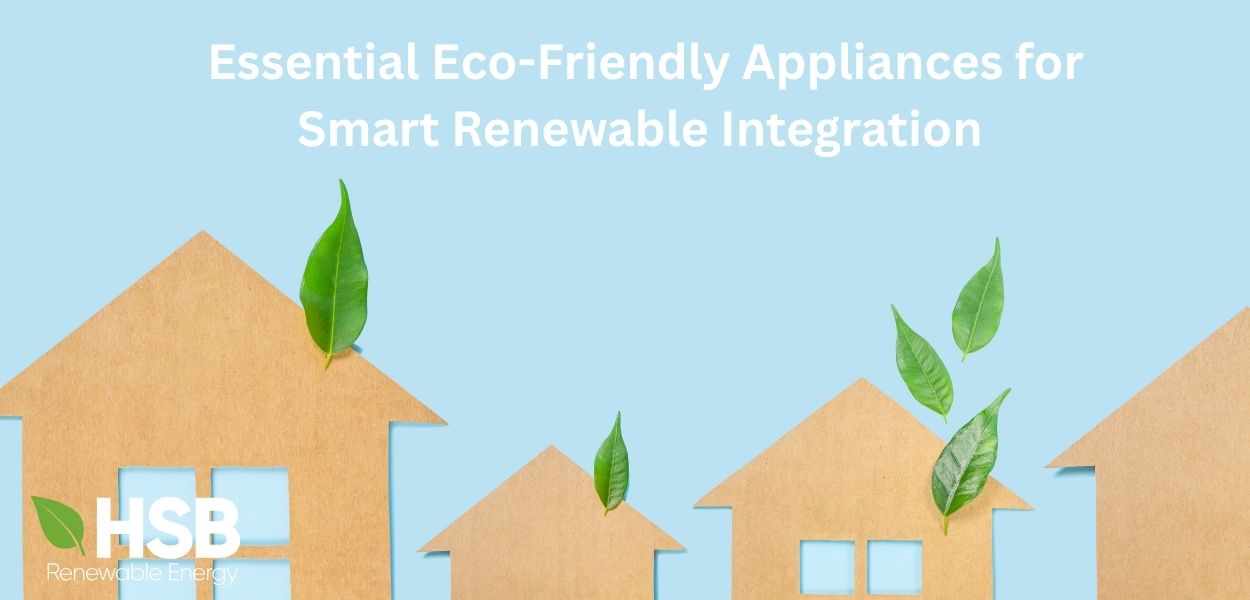
This website uses cookies to improve your experience. We'll assume you're ok with this, but you can opt-out if you wish. Read More

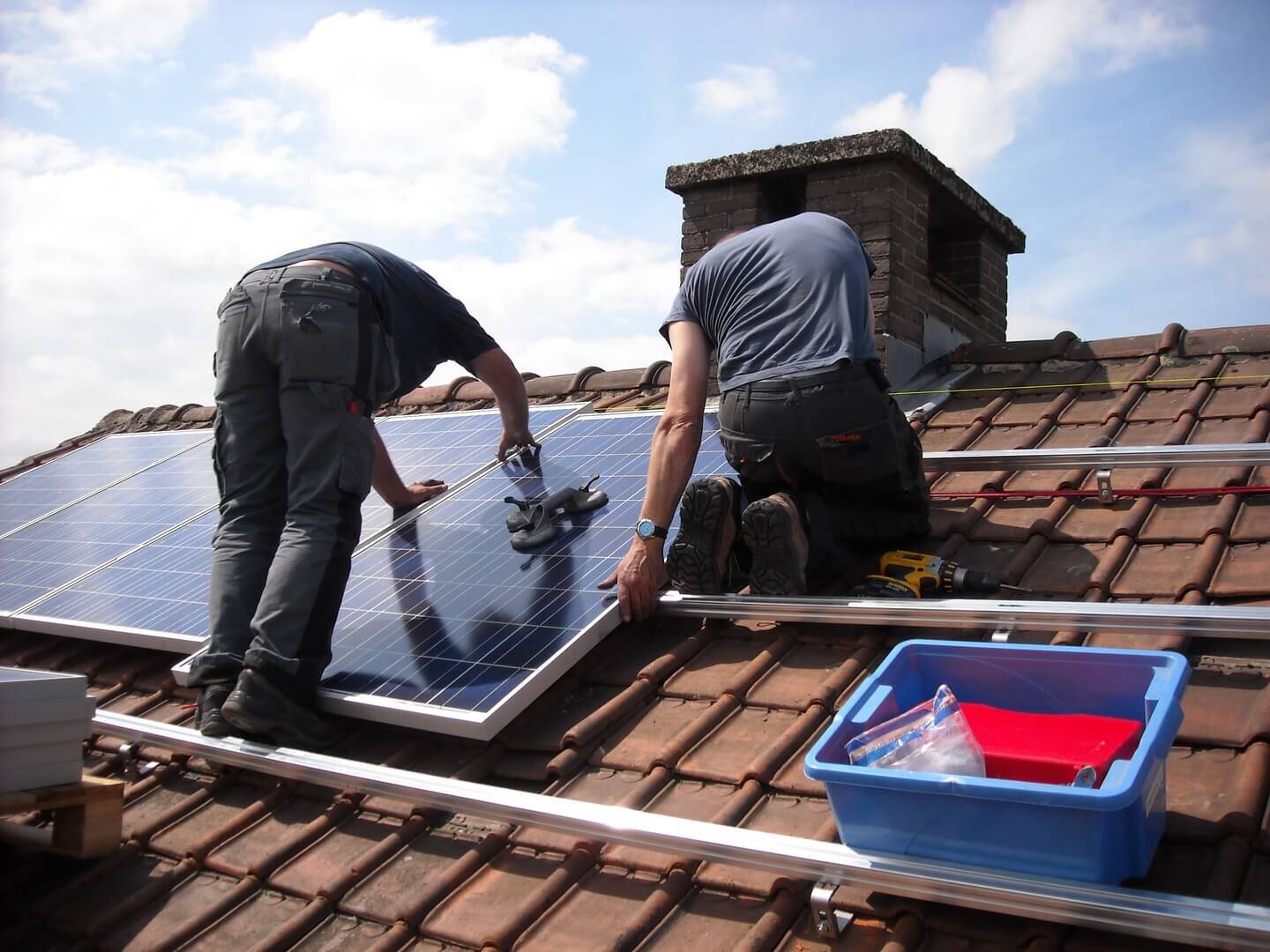
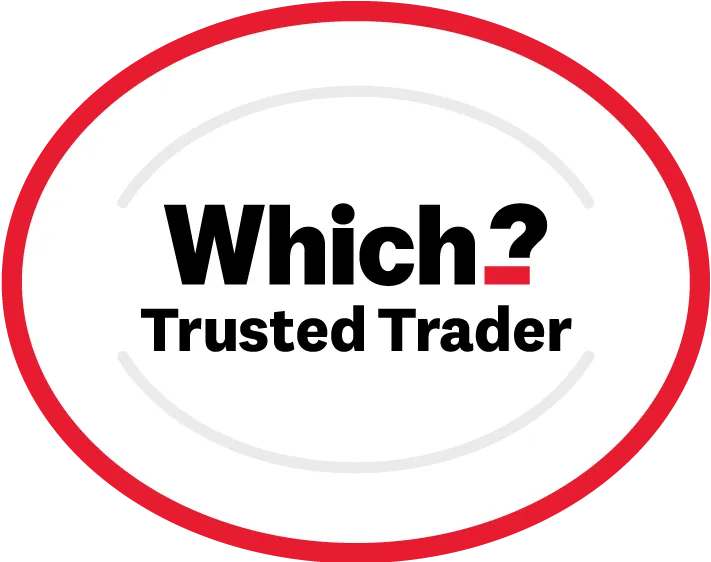
+
*
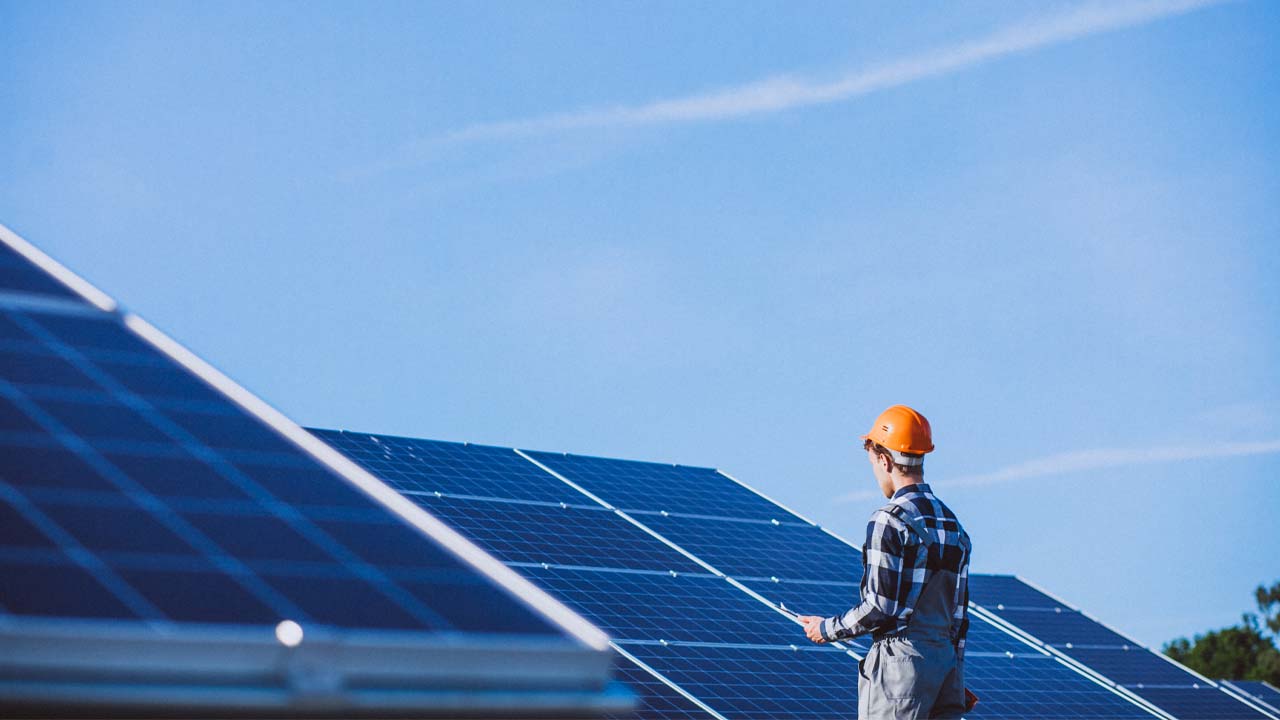
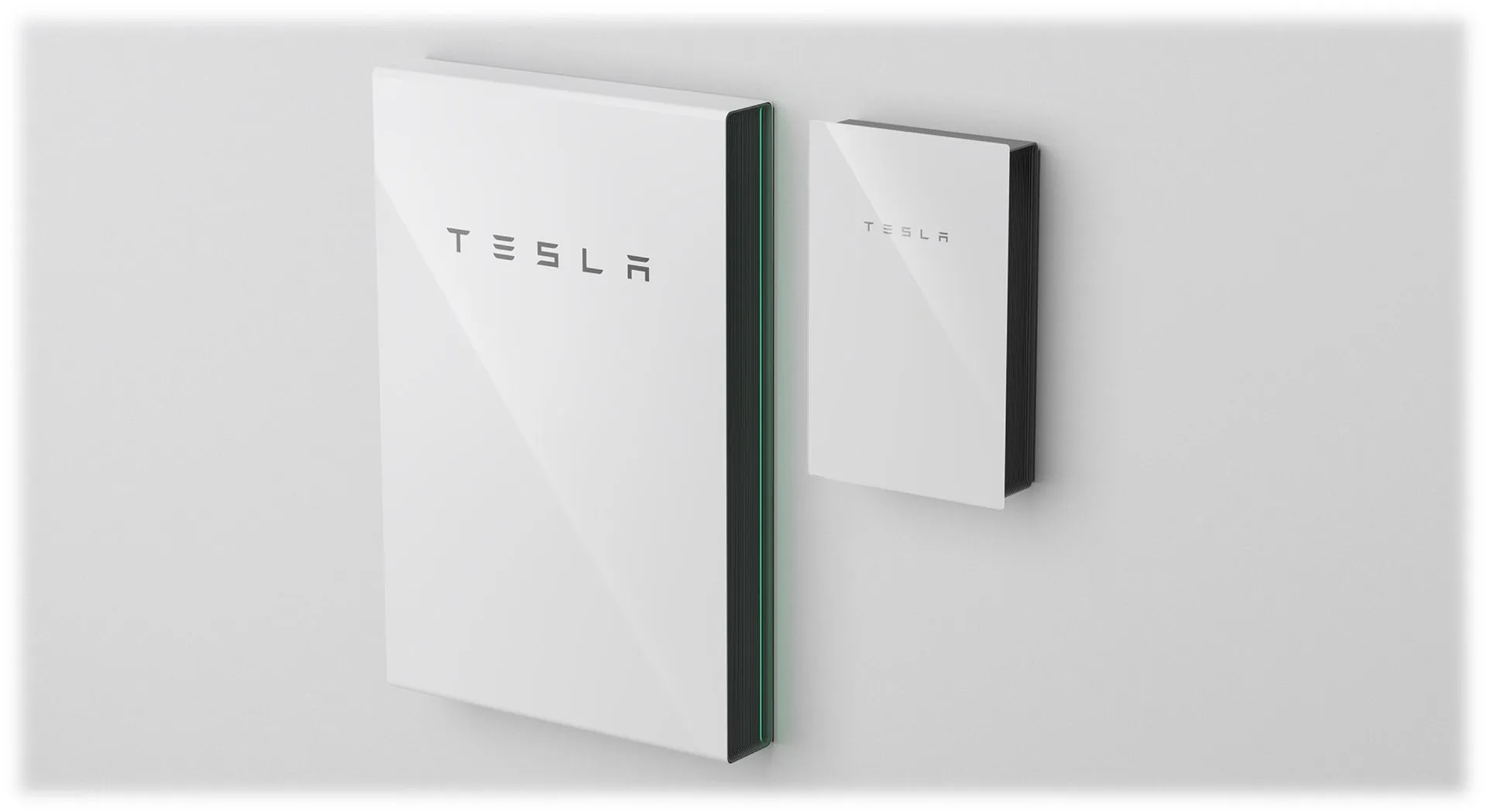
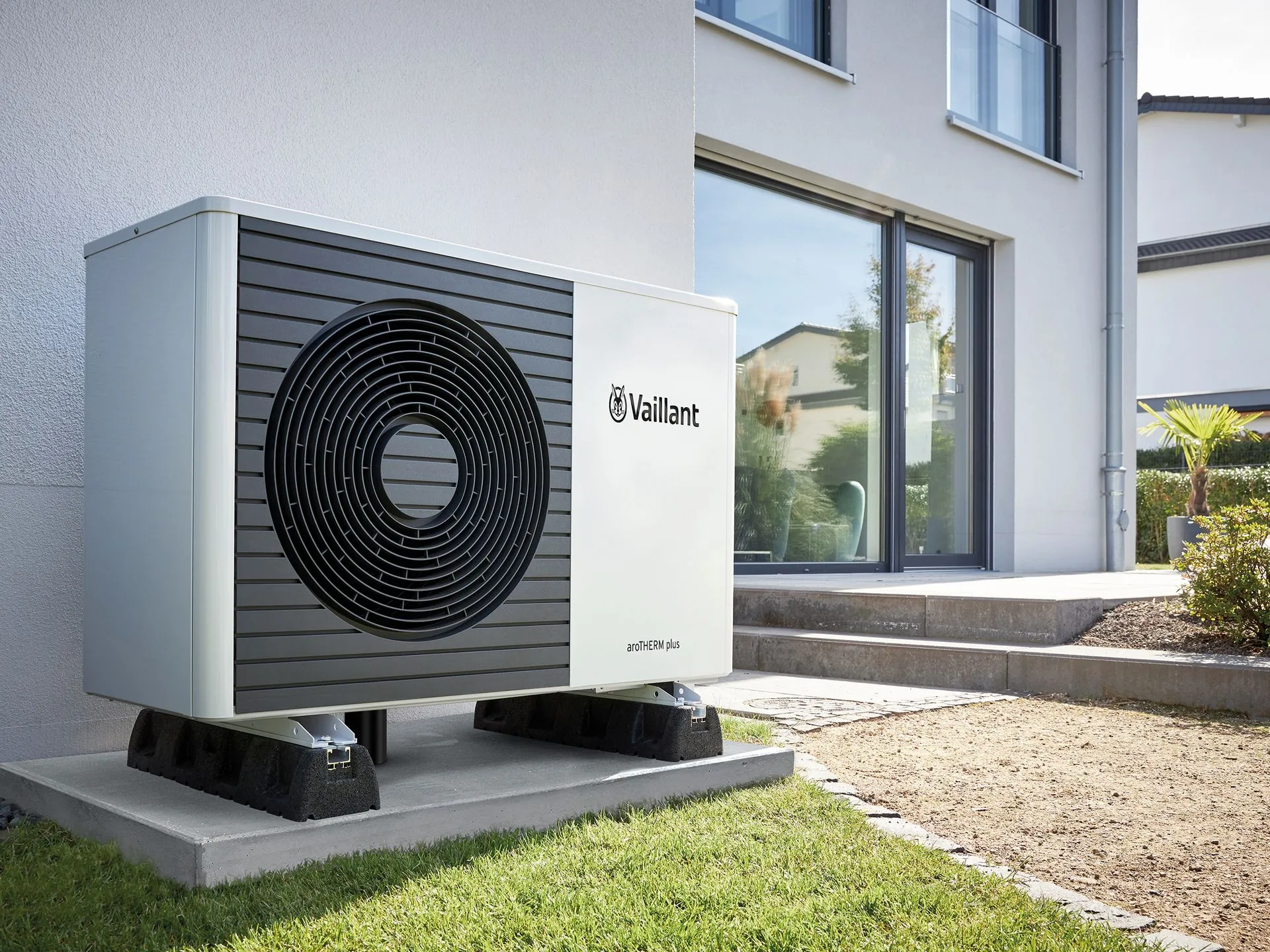





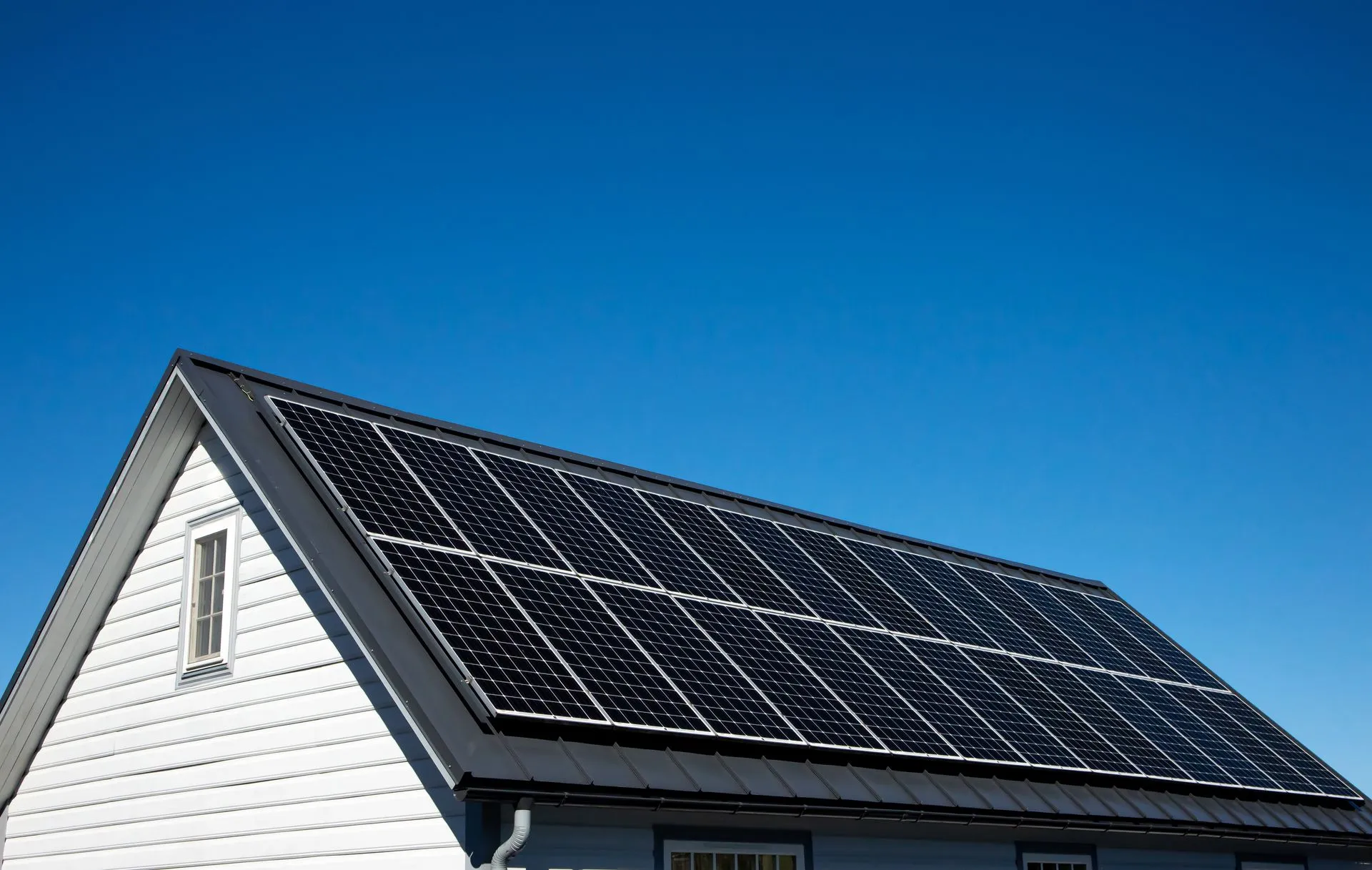
Producing your own electricity through solar panels gives you greater control over your energy use. It reduces how much you draw from the national grid, cuts your monthly costs, and leads to significant savings across the lifetime of the system.
Choosing to invest in solar PV brings several key benefits for business owners:

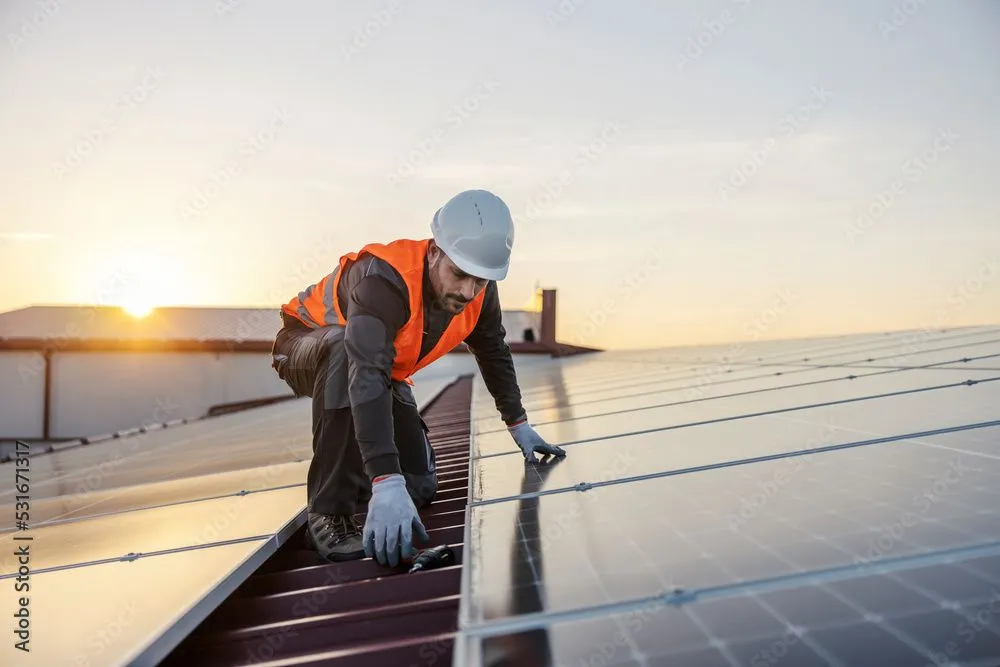
Ultimately, the decision to invest in solar panels for a business will depend on a variety of factors unique to the business.
It may be helpful to consult with a solar panel expert to determine if solar panels are a good fit for your business.
HSB Renewables have over 13 years’ experience supplying and installing Solar PV to businesses. Contact a member of the team for a free, no-obligation survey.
HSB Renewable Energy are a renewable energy supplier and installer based in North Wales covering areas such as Wrexham, Conwy, Chester & more. Contact a member of the team today to book in your free, no-obligation survey, and to discuss your requirements with one of our experienced specialists.

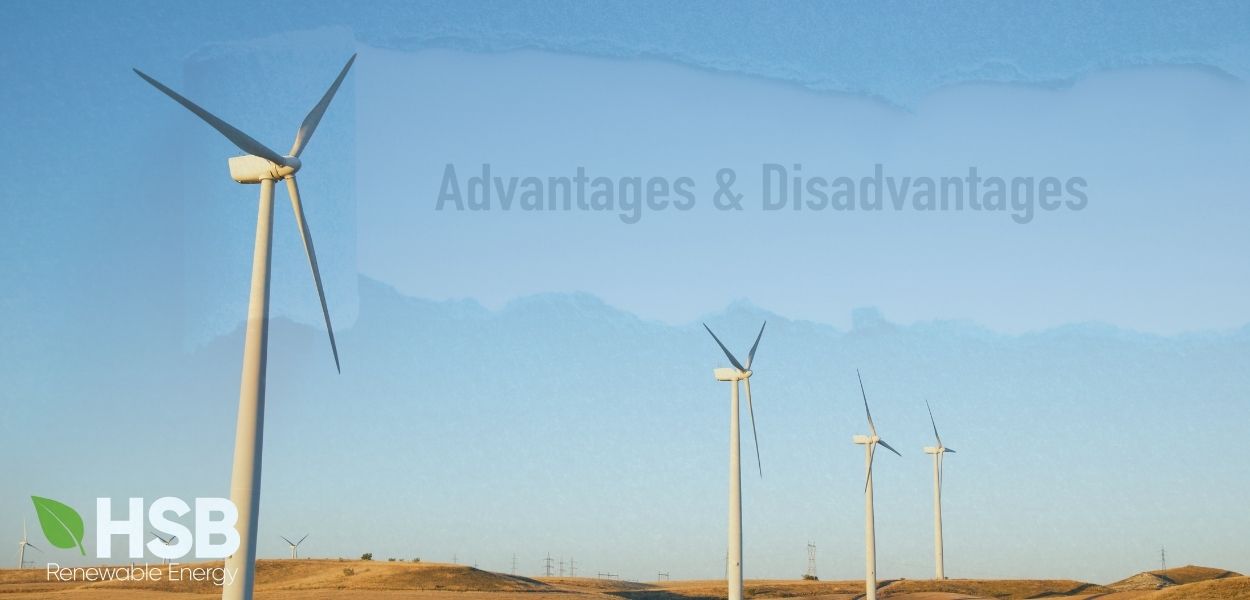

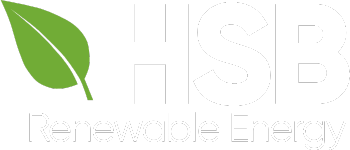
© 2025 HSB Renewable Energy Ltd | All Rights Reserved
HSB Renewable Energy LTD Unit 1, Pendle Court Evans Way, Shotton, Deeside CH5 1QJ